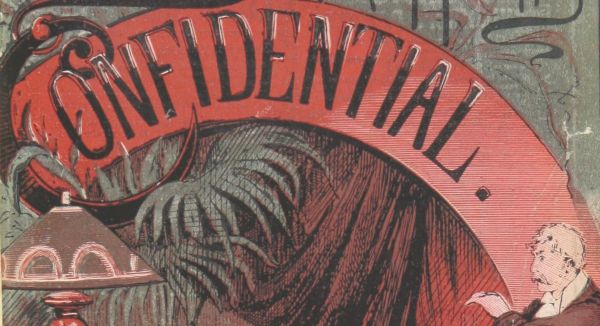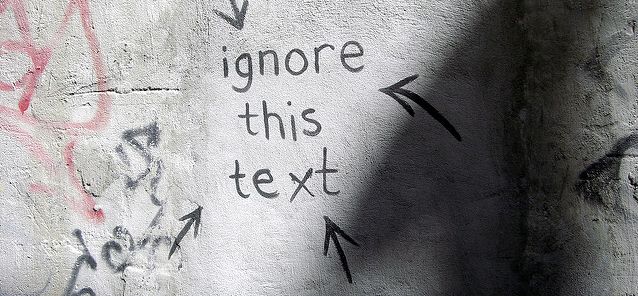Although an author owns the copyright in a work the moment he or she creates the work, a court will not hear a case over infringement of the work until the work is registered with the Copyright Office. Here is relevant language from the Copyright Act:
[N]o civil action for infringement of the copyright in any United States work shall be instituted until . . . registration of the copyright claim has been made in accordance with this title.
17 U.S.C. 411(a). Since the Copyright Office issues a certificate of registration when it registers the copyright in a work, one view is that the statute requires a copyright plaintiff to have that registration certificate in hand before filing suit.
But that is not how courts have always applied the statute. Other language in the Copyright Act says that:
the owner of copyright or of any exclusive right in the work may obtain registration of the copyright claim by delivering to the Copyright Office the deposit specified by this section, together with the application and fee specified by sections 409 and 708 [of the Copyright Act].
17 U.S.C. 408(a). Notice how 408(a) does not talk about receiving a registration certificate – it seems to indicate that registration occurs simply by the owner submitting the application, fee and deposit. Some courts have read this portion of the statute this way, and allowed a plaintiff to file suit for copyright infringement after submitting the materials to the Copyright Office but before the registration certificate is issued.
So there is a split among the federal circuits on this issue, namely, between the “registration approach” (requiring certificate in hand) and the “application approach” (requiring only that the application, fee and deposit have been made).
Recently, the Eleventh Circuit Court of Appeals weighed in on the issue. It sided with the registration approach – holding that the plain language of the Copyright Act requires it.
Plaintiff owned the copyright in online articles to which it granted a license to defendant website operator under a subscription agreement. The agreement required defendant to discontinue publication of the licensed content when the agreement terminated. But after termination, the articles remained online. So plaintiff sued for copyright infringement.
The lower court dismissed the action on defendant’s motion because plaintiff had not alleged receipt of the copyright registration certificate in the works at issue. It had only alleged that it had filed the applications to register the copyright claims in the works. Plaintiff sought review with the Eleventh Circuit. On appeal, the court affirmed the dismissal.
The court concluded that the Copyright Act defines registration as a process that requires action by both the copyright owner and the Copyright Office. It relied heavily on language from Section 410 of the Copyright Act that reads as follows:
When, after examination, the Register of Copyrights determines that, in accordance with the provisions of this title, the material deposited constitutes copyrightable subject matter and that the other legal and formal requirements of this title have been met, the Register shall register the claim and issue to the applicant a certificate of registration under the seal of the Copyright Office.
17 U.S.C. 410 (emphasis added). Bolstered by the dictionary definition of “after,” the court held “that registration occurs only after examination of an application necessarily means that registration occurs ‘[l]ater in time than’ or ‘subsequent to’ the filing of the application for registration.”
Fourth Estate Public Benefit Corporation v. Wall-Street.com, LLC, —F.3d —, 2017 WL 2191243 (11th Cir. May 18, 2017)
See also: Is a copyright registration required before filing an infringement lawsuit?
 About the Author: Evan Brown is a Chicago technology and intellectual property attorney. Call Evan at (630) 362-7237, send email to ebrown [at] internetcases.com, or follow him on Twitter @internetcases. Read Evan’s other blog, UDRP Tracker, for information about domain name disputes.
About the Author: Evan Brown is a Chicago technology and intellectual property attorney. Call Evan at (630) 362-7237, send email to ebrown [at] internetcases.com, or follow him on Twitter @internetcases. Read Evan’s other blog, UDRP Tracker, for information about domain name disputes.
![]() About the Author: Evan Brown is a Chicago technology and intellectual property attorney. Call Evan at (630) 362-7237, send email to ebrown [at] internetcases.com, or follow him on Twitter @internetcases. Read Evan’s other blog, UDRP Tracker, for information about domain name disputes.
About the Author: Evan Brown is a Chicago technology and intellectual property attorney. Call Evan at (630) 362-7237, send email to ebrown [at] internetcases.com, or follow him on Twitter @internetcases. Read Evan’s other blog, UDRP Tracker, for information about domain name disputes.


